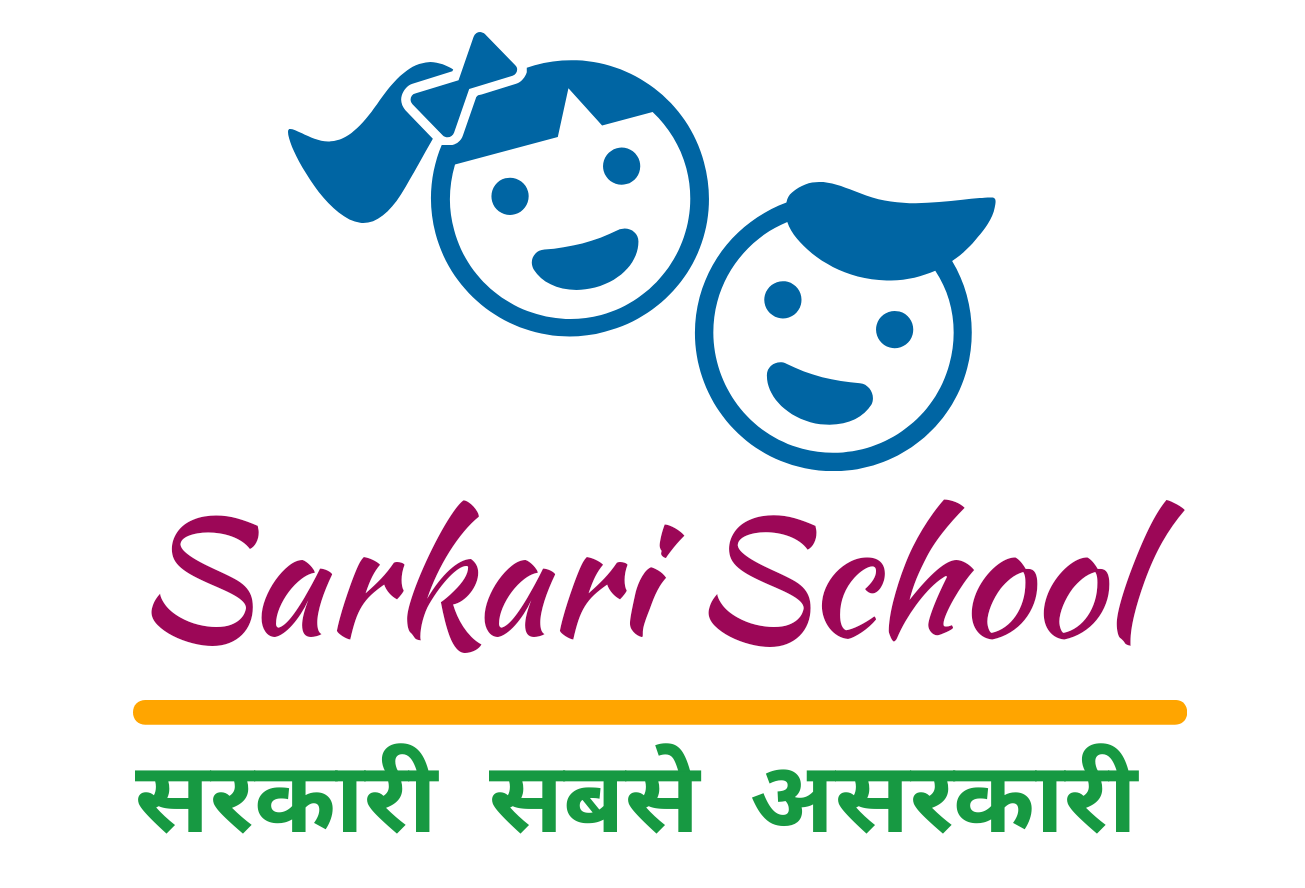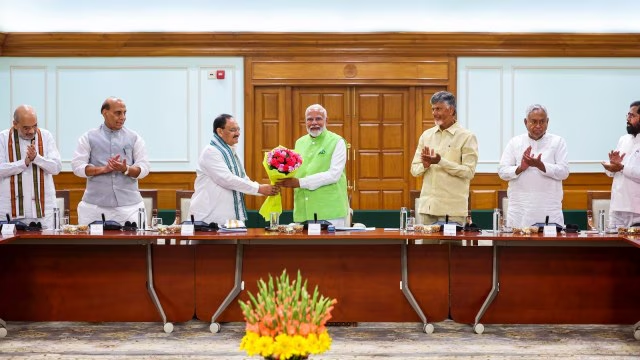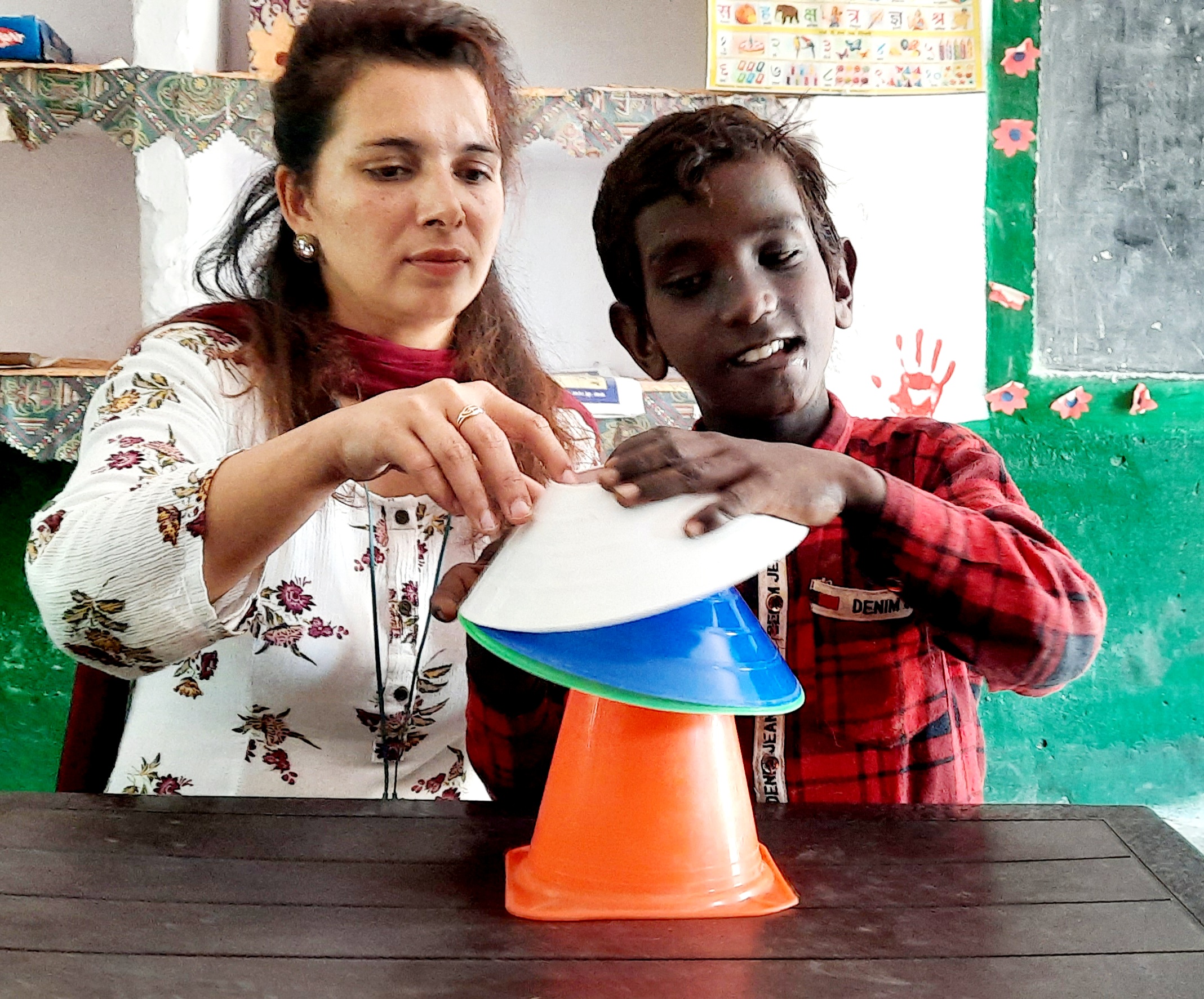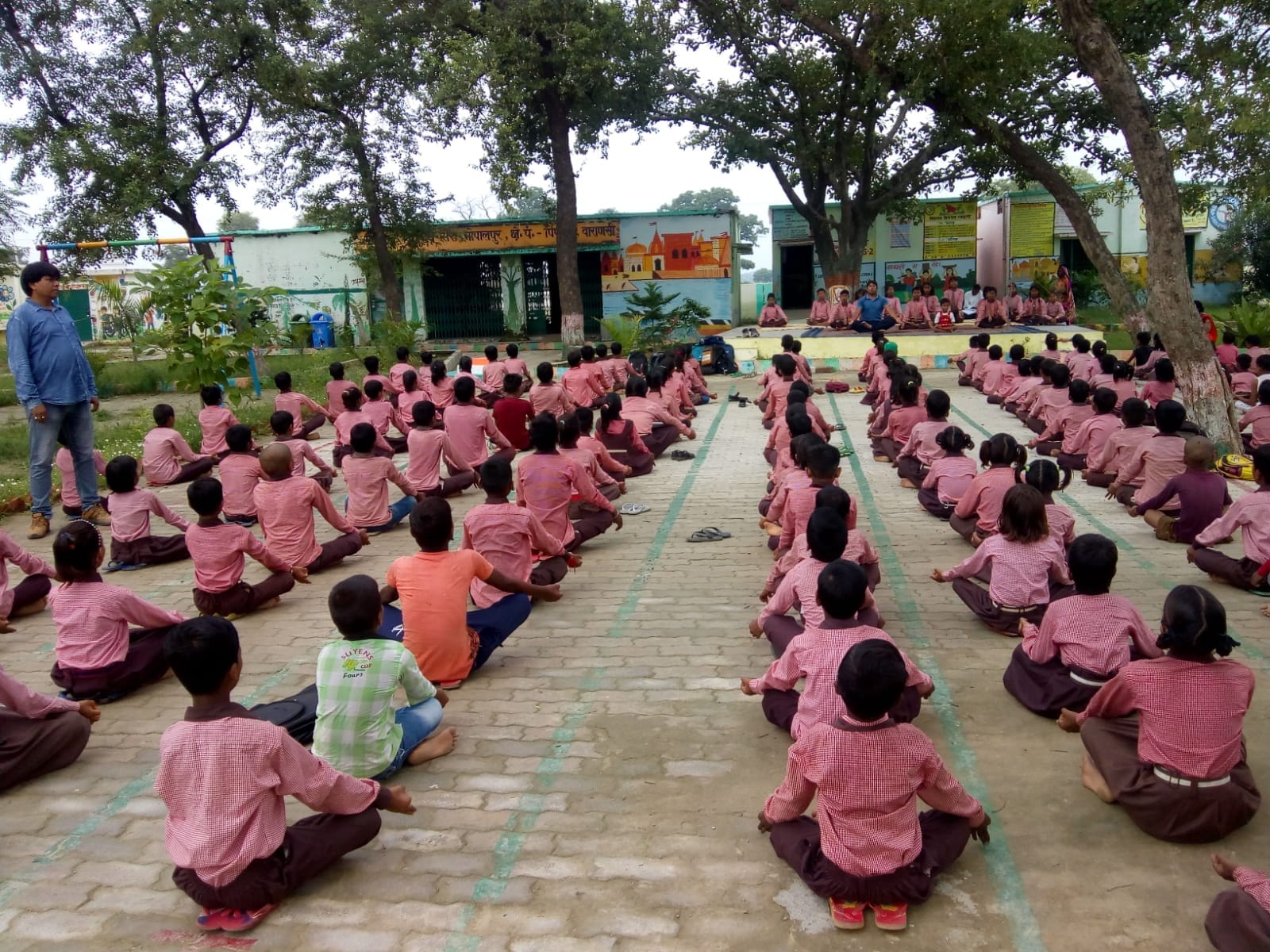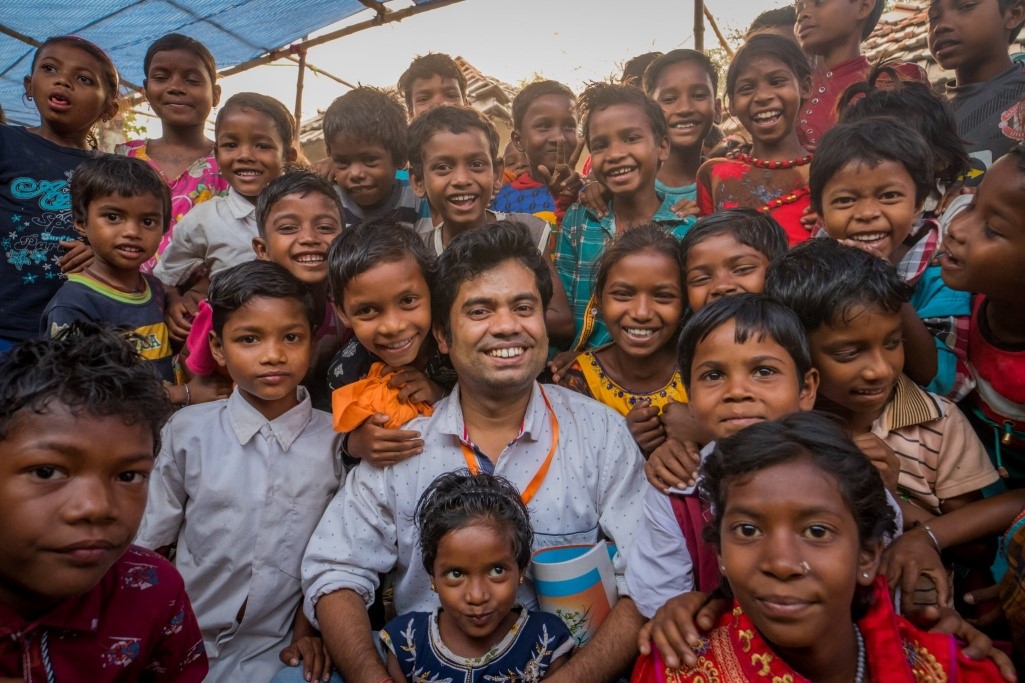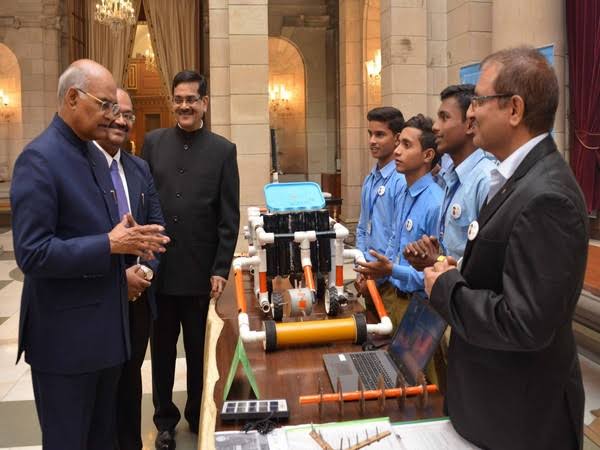By addressing the mental health needs of school students, we can promote their overall well-being, academic success, and future prosperity.
It is the duty of the government to ensure that the rights of children are protected, and it is also the responsibility of parents, schools, and legal guardians to protect the rights of children.
The National Democratic Alliance's ambitious agenda for education, guided by the principles of the National Education Policy 2020, has the potential to significantly improve India's education sector.
Samagra Shiksha Abhiyan represents a significant evolution in India's approach to education, building on the foundation laid by Sarva Shiksha Abhiyan (SSA) and addressing the gaps that persist.
The Mid-Day Meal Scheme has been a transformative initiative in India, significantly enhancing the educational and nutritional landscape for millions of children. By addressing classroom hunger, it has boosted school enrolment, attendance, and retention rates while promoting equity and social inclusion.
The NEP 2020 is one of the few legislations in India that aims at equity and inclusivity between genders. These reforms truly set the New Education Policy apart from its former versions and other education policies in the country.
As parents of differentially abled, people from rural areas are naturally apprehensive about how the world treats their children. Ms. Deepmala ensured this did not come in her way of making education accessible to all. She and her team counseled parents who hesitate to send their children to school. We all cherish a yellow...
Coming from a government school himself, he vowed to ensure that whenever he leads a school, his focus would be towards all-round student led development and team work. If you have ever wondered, how the vision and determination of one man along with a team of dedicated teachers and diligent students can change the...
At a time when the world was distressed with the news of a deadly disease and a difficult lockdown, Deep Narayan took to the streets to educate his students who could not afford an online education. We have all heard the old proverb ‘Where there is a will, there is a way, but have...
Ever heard of the great inventions of various scientists? You must have. Ever heard of young students contriving robots? You might have. Ever heard of Indian government high school students proposing innovative solutions to the everyday problems of the working class? You might not have. Well, this is what students of Government Multipurpose Higher...
